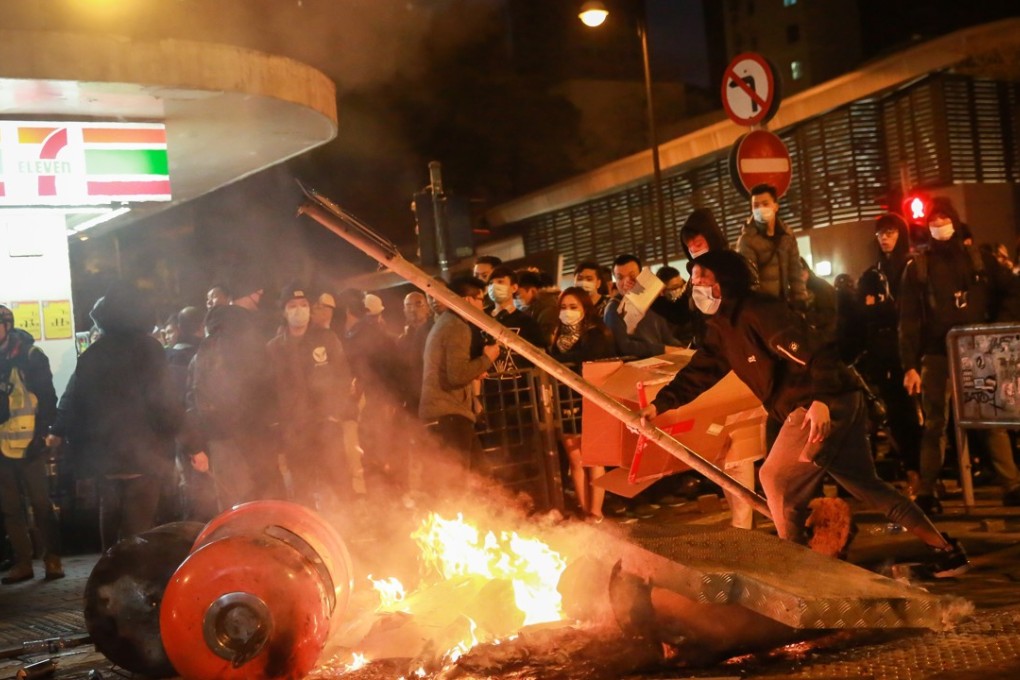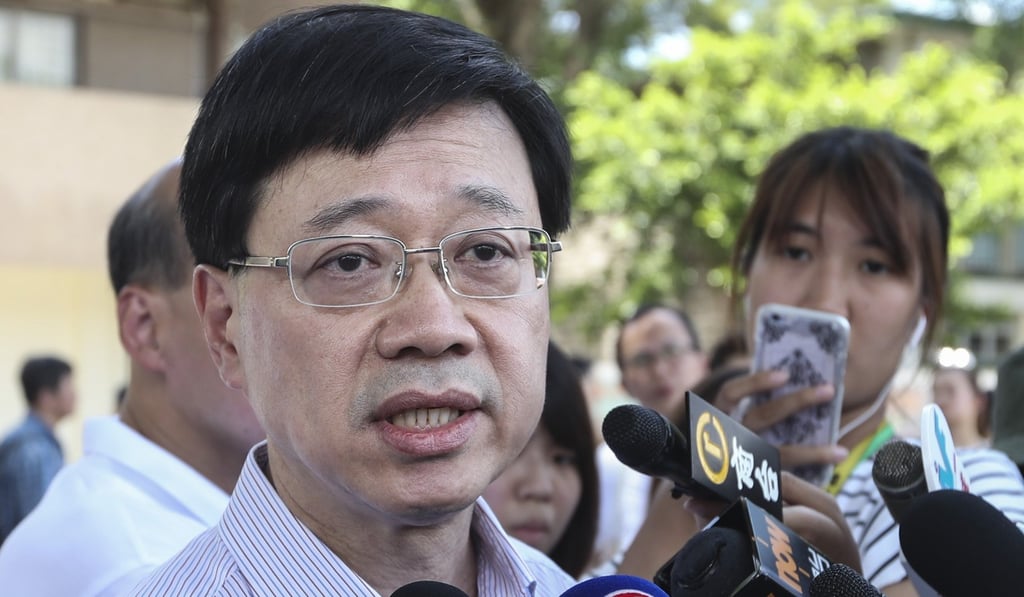New police division for Hong Kong mass protests sparks fears community relations will worsen
Pro-Beijing lawmaker praises unit as helping make evidence collection more professional, but pan-democrats worry about political oppression

A new police division set up under Hong Kong’s organised crime bureau in the wake of mass protests and rallies has sparked consternation from lawmakers and activists who claim community relations and official practices will worsen.

“Experience in areas such as evidence collection, which the new team will make use of, is important for investigating organised actions and relevant cases,” he said.
The new unit, coded D Division, started “partial operation” on July 1 under the Organised Crime and Triad Bureau, a police spokesman said, adding it was created in view of “the global trend of terrorism” and the force’s “experience in tackling massive disasters and cross-district public events”.